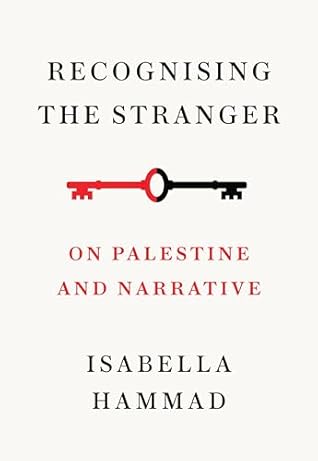More on this book
Community
Kindle Notes & Highlights
Read between
February 20 - February 20, 2025
Aristotle describes anagnorisis as a movement from ignorance to knowledge. When a character realises the truth of a situation they are in, or the truth of their own identity or someone else’s, the world of the text becomes momentarily intelligible to the protagonist and thus also to the audience. It’s anagnorisis when Darth Vader says to Luke Skywalker: ‘I am your father.’ It’s anagnorisis when the coffin opens and Holly Martins sees the face not of Orson Welles but of another, third man. The mysteries clarify. Everything we thought we knew has been turned on its head, and yet it all makes
...more
Both Terence Cave and Piero Boitani have pointed out that the ancient Greek terms for recognition, reader and reading – anagnorisis, anagnostes and anagnosis – are closely related both phonetically and conceptually.
To recognise something is, then, to perceive clearly what on some level you have known all along, but that perhaps you did not want to know.
But the story of the Palestinian struggle has always been an international one, even when the existence of Palestinians as a people was denied, or verbally replaced with the euphemistic label ‘non-Jews’, which first officially appeared in the 1917 Balfour Declaration declaring British support for the establishment of a Jewish homeland in Palestine. The Israeli state as a Jewish democracy to which Palestinian Arabs have always posed a demographic threat was a state born from European empire, cast in the mould of other European settler colonial projects, and it was both fuelled and justified by
...more
The word epiphany itself comes from the Koine Greek word epipháneia, meaning manifestation or appearance, derived from the verb phainein, meaning to appear. It is usually applied in ancient Greek contexts to three things: the first is dawn, the second is the appearance of an enemy army, and the third is the manifestation of a deity. The third one is obviously what led to its use in the Bible and subsequently provided the meaning that the Catholic-born James Joyce subverted, detheologising it in his writing. But it’s the first two – dawn, and the appearance of the enemy army – that are
...more
But I like this idea of breaking into the awareness of other people by talking candidly among ourselves.
What I learned through writing this book is that literary anagnorisis feels most truthful when it is not redemptive: when it instead stages a troubling encounter with limitation or wrongness. This is the most I think we can hope for from novels: not revelation, not the dawning of knowledge, but the exposure of its limit. To realise you have been wrong about something is, I believe, to experience the otherness of the world coming at you. It is to be thrown off-centre. When this is done well in literature, the readerly experience is deeply pleasurable.
Palestinianism was for Said a condition of chronic exile, exile as agony but also as ethical position. To remain aloof from the group while honouring one’s organic ties to it; to exist between loneliness and alignment, remaining always a bit of a stranger; to resist the resolution of the narrative, the closing of the circle; to keep looking, to not feel too at home.
In Exterminate All the Brutes, his 1996 study of the history of colonialism and genocides – title taken from Joseph Conrad’s Heart of Darkness – Sven Lindqvist writes: ‘The idea of extermination lies no farther from the heart of humanism than Buchenwald lies from the Goethehaus in Weimar.


